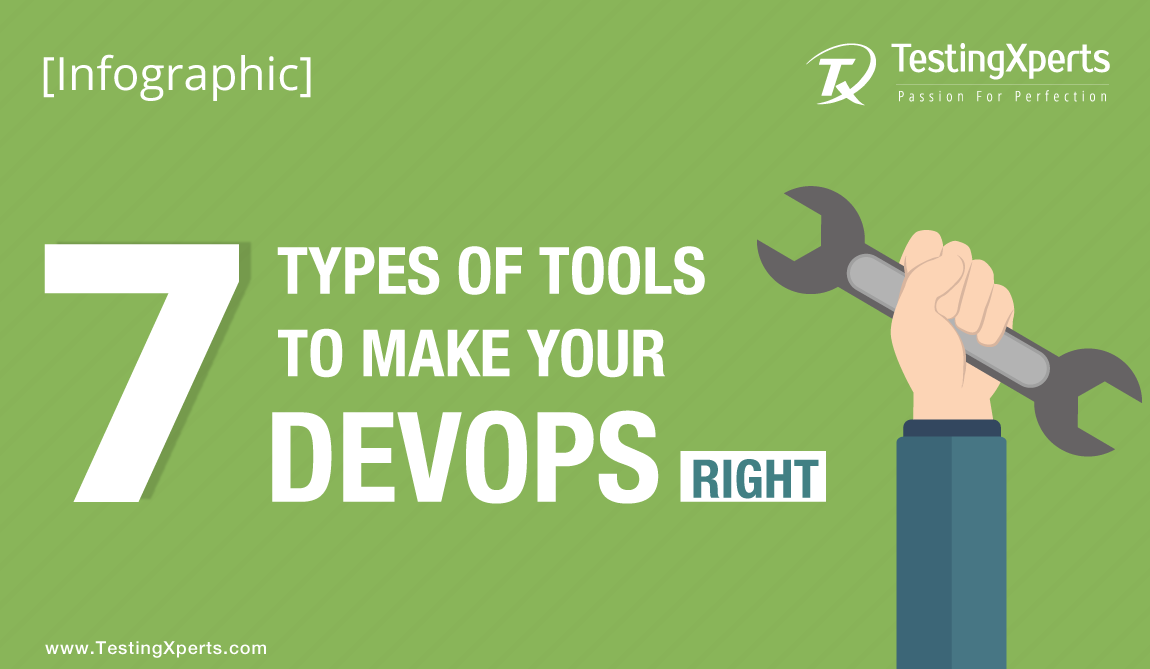
Software testing industry is becoming extensive with each passing day. Applications these days have started interacting seamlessly with other applications through APIs. With the sudden increase in the technology challenges, applications are growing in complexity, which creates an incessant need for effective software testing.
Contents
1. Importance of Artificial Intelligence
2. Why do we need Artificial Intelligence in Software Testing?
3. How Artificial Intelligence benefits software testers?
4. What are the AI tools for software testing?
Software testing is the only premeditated way where an application can be observed under certain conditions and where testers can recognize the risks involved in the software implementation. Testing, on the other hand, is gradually transitioning to greater automation to ensure maximum precision and accuracy in the journey towards digital transformation. In an attempt to make the application foolproof, the world is turning towards Artificial Intelligence (AI). This implies that instead of manual testing and human intervention, we are moving towards a situation where machines will be slowly taking over.
Importance of Artificial Intelligence
Simply put, Artificial intelligence (AI)is the science behind computers performing tasks that are traditionally performed by humans. AI provides machines with the skill to process information about its conditions and learns to adapt to the transformations with problem solving techniques. Machines are learning faster than ever given the technology advancements. The computer is fed with a huge amount of data to adapt as per a set of inputs so that it can identify patterns and logic and as a result make an effective connection between similar input and output pairs. It is through machine learning that websites like Amazon and Netflix are able to deliver targeted ads to their customers by using huge amounts of data based on the web pages the customer searches. Personal assistants like Google Assistant, Alex, and others use AI technology extensively to deliver results.
Machine Learning has come a long way with people using it to drive cars without a human. Artificial Intelligence (AI) has become quite famous in the field of healthcare also as it is used to identify cancerous tumors. As Artificial Intelligence begins to progress, technology experts across the globe are finding ways to leverage its potential in the software testing field as well. It is only a matter of sometimes when training applications to be familiar with problems for agile and more efficient testing becomes a reality.
Why do we need Artificial Intelligence in Software Testing?
Software testing is usually a time-consuming process. Artificial Intelligence is the best choice for developers looking for faster deployments with insufficient infrastructure. It is best to leave the arduous work to the Artificial Intelligence-powered automation which leaves only 20% of the testing work to human ingenious and cognitive ability. It would ensure more fail-safe results as hand-crafted testing does not only require extensive human hours but is also susceptible to imprecisions and discrepancies.
Adopting to the algorithms of Artificial Intelligence will help the testing industry to provide smart productive software for their users. Also, the inclusion of AI into the software development lifecycle effectively helps the developer and testing teams to find and resolve the errors quickly before the software becomes available for QA teams. The methodology helps in speeding up the software testing process as the repetitive tasks can be efficiently performed and this can result in saving more money and time.
How Artificial Intelligence benefits software testers?
Reduces the test-cycle time:
With the AI methodology, it is easier for a tester to understand which test cases are required to be executed in each test cycle. AI is efficient in gathering data from the previous test executions made for the application. This helps AI to easily identify when any changes are made in the code. Also, it automatically states the test suites as per the application risk. The application risks are defined by considering several factors such as the most used parts of the application, tests having the risk of failure or complexity, etc. This way of finding defects at earliest and running the test cases that can get affected at the start of a test cycle helps to receive faster feedback from delivery teams and ensures to find solutions when any defects are identified.
Helps to find bugs faster:
Unlike the traditional test methods, the AI methodology is an expert to find the defects faster in applications. In the previous methods, error detection was at the later period and this resulted in several drawbacks for the app before its launch. AI helps in automating the processes, it automatically corrects the code and assigns bug tracking to the QA teams. This effectively benefits the teams to track the errors at the earliest and achieve a bug-free app before production.
Encourages Script Execution:
There is no need to perform a test script automation when using AI because test scripts are executed automatically by the AI. Also, it enhances test cases to be more stable so that there won’t be any change experienced when the locators get changed.
Improves the speed of Test Coverage:
AI is efficient for increasing the scope and depth of the test cases. AI monitors the memory, file contents, internal programs, and data tables of the app to verify the functionality is as needed or not. Also, with the use of the AI-powered test automation tools, thousands of test cases can be executed in one test run. This ability of AI effectively helps in speeding up the test coverage.
Reduces Costs Requirements:
Bugs or the errors in the application can become expensive when they are not resolved at the earliest. With the help of AI, instant feedback can help to find and resolve the errors at the earliest and this significantly helps in cost savings. In addition to this, AI is even more efficient to sort files, detect errors and scan code at a lesser time. This reduces the effort of manual work and human errors and thus, yields more accurate results at a lesser cost.
Improves Accuracy:
A well-experienced tester can even make mistakes while carrying out repetitive tasks in manual testing. This is the reason automation came into effect to reduce the scope of repetitive tasks. When automation is powered with AI, the repetitive tasks are performed by the AI and the testing teams are provided with the scope to perform exploratory activities and find automation solutions. Thus, the time consumption is reduced and the accuracy for achieving quality results increases.
What are the AI tools for software testing?
– Functionize
– EggPlant AI
– AppVance
– Testim
– Applitools
– TestCraft
– Test.ai
In Conclusion
Digital Transformation is becoming impossible without the implementation of new and emerging technologies. The consumer market has become dynamic, organizations that do not leverage these technologies will end up way behind in the race. Businesses need to experiment and innovate to make their product success with the end-user. This can only be possible when these technologies are tested extensively against the odds and under all conditions.
TestingXperts brings machine learning together with analytics to unleash the power of software testing and drive automation and innovation, consequently improving QA efficiencies. Our intelligent frameworks are based on industry best practices and standards, to efficiently evaluate clients’ testing maturity. Connect with our experts to understand and improve all QA focus areas across the delivery lifecycle.
Discover more
Get in Touch
Stay Updated
Subscribe for more info





